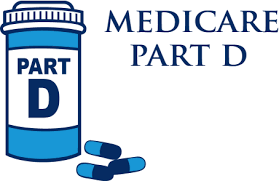A recent U.S. Department of Labor (DOL) final rule increases the salary thresholds used to determine whether executive, administrative and professional (EAP) employees are exempt from overtime pay under federal law. While the increased thresholds are likely to result in a significant number of employees who were previously exempt now qualifying for overtime pay, employers must also consider how the increased thresholds may indirectly affect their benefit offerings.
Employers may need to reevaluate the following in light of the final rule:
- How their retirement plan defines “compensation”: If an employer’s retirement plan includes overtime pay in its definition of compensation, more employees being eligible for overtime could result in increased retirement plan contributions. In addition, the increase could affect the determination of who is highly compensated for nondiscrimination testing purposes; and
- Whether eligibility for other benefits depends on exempt status: If eligibility for health benefits or other fringe benefits depends on an employee’s exempt status, more workers being classified as nonexempt could result in more employees being eligible to receive these benefits.
ACTION STEPS
In addition to evaluating existing compensation and worker classification practices to comply with the final rule, employers should carefully examine their retirement and health plan documents to determine how the rule may indirectly impact their benefit offerings.
While employers may take steps now to prepare for the final rule, they may want to wait to implement any concrete changes before it takes effect, as the final rule is expected to face legal challenges.
For any additional questions, feel free to reach out to one of our lead consultants at Inspire Workforce.





